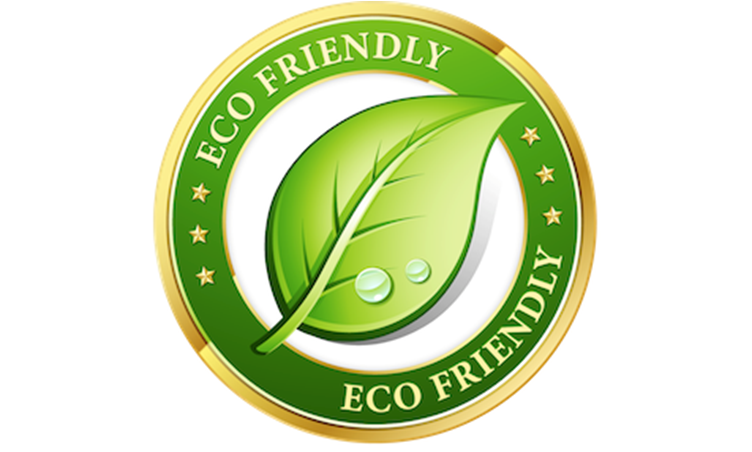
Joey O’Brien is an unlikely ecowarrior. For about 25 years, he ran a ski resort in Nova Scotia. The property was so densely utilized that whenever someone suggested increasing the ski terrain, O’Brien would quip, “We have four trees left on our property — which one do you want me to cut down?”
But O’Brien has always been a big fan of data, and owing to his livelihood, he spent a lot of time tracking the weather to gauge potential snowfall. In the process he observed something alarming: Temperatures were rising at an unprecedented rate.
Nearly two decades ago, O’Brien moved to Canmore, a town in the Bow Valley of Alberta’s Rocky Mountains, 50 miles west of Calgary, where he became acquainted with some climate scientists who further stoked his concern about global warming. He was one of the first in town to install solar panels on his roof, and later launched his own environmental consulting company, SustainDriven. When O’Brien joined the Rotary Club of Canmore, club leaders made him one of their experts on sustainability, and he was later nominated to join the international board of the Environmental Sustainability Rotary Action Group.
He offers these suggestions to help you make your club more ecofriendly.
START AT HOME
To benefit your wallet as well as the planet, install solar panels, insulation, and geo-thermal heating — improvements that are often aided by government grants and tax breaks. Your club can also help insulate and upgrade houses for neighbors in need.
To benefit your wallet as well as the planet, install solar panels, insulation, and geo-thermal heating — improvements that are often aided by government grants and tax breaks. Your club can also help insulate and upgrade houses for neighbors in need.
BANISH BOTTLED WATER
It takes a lot of plastic and CO₂ to move bottled water from its source to your house or Rotary event — and blind taste tests often reveal that tap water tastes as good or better.
REDUCE, REUSE, RETHINK
Launch a regional composting campaign. More and more cities have them — does yours? They reduce the production of climate-harming methane and the volume of landfills. And try thrifting. O’Brien says their grandkids can’t wait to see what recycled clothes his wife has bought them, often for just a few dollars each.
SPREAD THE WORD ABOUT HYBRID, PLUG-IN, AND ELECTRIC VEHICLES
Most people don’t realize transportation is the leading cause of greenhouse gases in the United States. While switching to electric requires a higher upfront investment, it can save you thousands of dollars in gas and substantially reduces greenhouse gas emissions, with no loss of space or comfort.
THINK OUTSIDE THE (PENALTY) BOX
Look for opportunities to advocate for sustainability in places that might not seem obvious. Case in point: A couple of years ago, O’Brien convinced the local junior hockey franchise, the Canmore Eagles, to sign on to the town’s declaration of a State of Climate Emergency, to work toward zero waste, and to educate players and fans. The team’s decision to brand itself as the “Greenest Hockey Club in the World” has become a key feature in its marketing to sponsors, helping to make it profitable as well as ecologically responsible.
DON’T ARGUE — EDUCATE
In Alberta, where carbon-heavy industries are a major employer and economic engine, O’Brien’s environmental initiatives often provoke a negative reaction. Even a discussion about climate change runs the risk of backlash. So O’Brien created a nine-part educational pathway for his club and invited guest speakers to explain the environmental science. A few club members left the meetings in protest, and others tolerated the presentations without changing their worldview. But the vast majority, once they understood the situation, supported the club’s efforts.
KEEP HOPE ALIVE
O’Brien says the biggest challenge Rotary clubs face is the sheer scope of the crisis. “Rotarians worry that they’ll never actually effect change,” he observes, “which is often what prevents a club and individuals from doing anything.” Saving the planet will have to be a collective endeavor, he says, accomplished not by a single sweeping measure, but through billions of small actions.
TAKE CONCRETE ACTION
Otherwise, O’Brien says, “you will be looking at your grandchildren in 20 years and trying to explain why you chose to do nothing.”